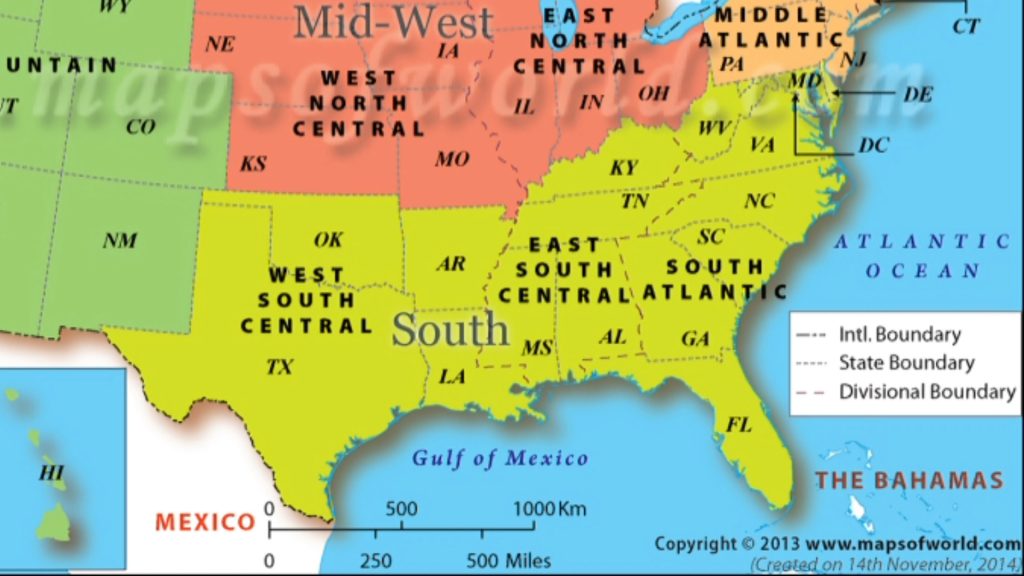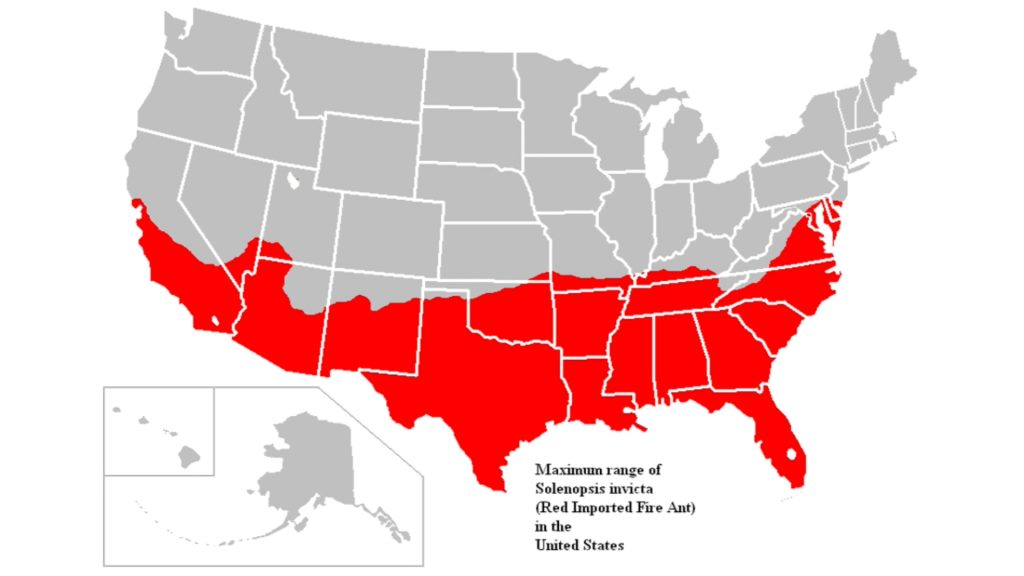Examining differences in economic policy and outcomes between politically progressive cities in northern versus southern regions of the United States provides useful insights. This analysis focuses on key economic indicators such as job growth, income equality, tax policy, and social spending to compare the relative effectiveness of contrasting approaches.
While political ideologies likely influence certain policy directions, evaluating real-world evidence can inform future decisions in cities across diverse geographies seeking expanded prosperity. Comparing northern cities like New York and Boston with southern counterparts such as Atlanta and Charlotte using the lens of progressive ideology frames an insightful economic discussion.
Differing Ideologies Lead to Economic Disparity
The northern and southern regions of the United States have adopted markedly different ideological stances in recent years. The northern states typically adhere to progressive policies that prioritize social justice and equality, while southern states tend to espouse more conservative values.

According to investor Chamath Palihapitiya, these ideological differences have translated into significant economic consequences. In a social media post, Palihapitiya noted that for the first time, six southern states are contributing more to the US GDP than the northeastern corridor spanning Washington, New York, and Boston.
The South Experiences Economic Boom
Palihapitiya pointed out that in just the past few years, there has been a $160 billion shift in income between the southern and northeastern regions, with the South gaining $100 billion and the North losing $60 billion. Palihapitiya questioned whether ideology alone accounts for these economic discrepancies or if other factors like health, environment, and genetics also play a role.

While the exact causes are complex, it is clear that the traditionally conservative South is experiencing substantial economic growth, while the progressive North struggles in comparison.
Corporations Consider the Costs of “Woke” Policies
Some argue that “woke” companies, or those who strongly promote progressive social values, ultimately “go broke” due to consumer backlash. However, billionaire investor Mark Cuban disputes this notion and challenges Palihapitiya to provide concrete examples of companies that have gone bankrupt due to promoting progressive policies.

While the debate continues, companies must thoughtfully consider how to advocate for social justice without alienating certain customer segments or damaging their bottom line. Promoting inclusiveness and equality is crucial, but businesses must find a balanced approach that aligns with their values while still prioritizing long-term sustainability.
Higher Taxes and Regulation in Northern Cities
According to some analysts, northern cities tend to have stricter regulations on businesses as well as higher costs of living and doing business. While regulations aim to protect citizens and the environment, complying with them can be costly for companies.

The high costs of living and commercial real estate in northern cities also contribute to higher operating costs for businesses. Higher taxes provide funding for public services but reduce companies’ and individuals’ disposable income. Some argue this may drive businesses and skilled workers to relocate to lower-tax areas, though there is debate around the magnitude of this effect.
Impact of Higher Taxes and Regulations on Economic Growth
Proponents of lower regulation and taxes argue that northern cities’ policies slow economic growth by discouraging business investment and job creation. However, others counter that regulations and public services also provide economic benefits and that multiple factors beyond policy determine a city’s growth.

Overall, differences in regulation, tax policy, and costs of living between northern and southern U.S. cities are frequently cited in debates over their economic trajectories. However, the impacts of these factors on growth depend on a range of economic and social influences, and experts disagree on their relative importance.
Southern Cities Promote Business-Friendly Climate
Southern cities in the U.S. have experienced significant economic growth in recent years, surpassing northern counterparts that typically adhere to more progressive values. According to investor Chamath Palihapitiya, southern states now contribute more to U.S. GDP than the northeast corridor spanning Washington, D.C. to Boston.

In a social media post, Palihapitiya noted that Florida, Texas, Georgia, the Carolinas, and Tennessee have seen substantial income growth, gaining over $100 billion in new income over the past few years. At the same time, income in northeastern states has declined by $60 billion.
The Technology Boom Lifts Northern Economies
The technology boom has fueled economic growth in northern cities as companies have greater access to highly skilled talent and venture capital. According to research by the Kauffman Foundation, California, New York, and Massachusetts rank highest for venture capital funding in technology.

These states are home to prestigious universities like Stanford, MIT, and Cornell that produce candidates with degrees in computer science, engineering, and related fields. Venture capital firms also tend to concentrate in tech hubs where investment opportunities and innovative startups are abundant.
Thriving Tech Ecosystems Has Led To Globalized Workforces
Northern cities have developed thriving tech ecosystems that facilitate collaboration and the exchange of ideas. As Palihapitiya noted, the Northeast corridor linking Washington, D.C., to Boston is a center for technology and entrepreneurship. Tech workers can easily network, find new jobs, and start new companies in these areas.

Successful technology companies in northern cities also benefit from access to global talent. Foreign-born entrepreneurs and engineers have been instrumental in founding and scaling major tech companies. According to surveys by the National Foundation for American Policy, over half of Silicon Valley startups were founded or co-founded by immigrants.
Southern States Lag in Educational Attainment
According to recent studies, southern states in the U.S. continue to struggle with lower high school graduation rates compared to other regions. Six states in the South – Florida, Texas, Georgia, the Carolinas, and Tennessee – are contributing more to US GDP than the northeast corridor of Washington-New York-Boston.”

However, while southern economies are growing, their education systems are lagging. High school graduation rates in these southern states remain below the national average. Without a high school diploma, individuals face significant barriers to career and financial success.
Prosperity in Sunbelt Metros Like Atlanta and Charlotte
The southern United States has experienced significant economic growth and prosperity in recent years, particularly in cities such as Atlanta, Georgia, and Charlotte, North Carolina. Fellow billionaire Mark Cuban challenged Palihapitiya’s position, demanding to know which specific “woke” companies had gone bankrupt.

In response, Palihapitiya provided a list of 473 companies that had failed, acknowledging that while not all were “woke,” some likely fit that description. Cuban dismissed this as a “weak list” of startups.






